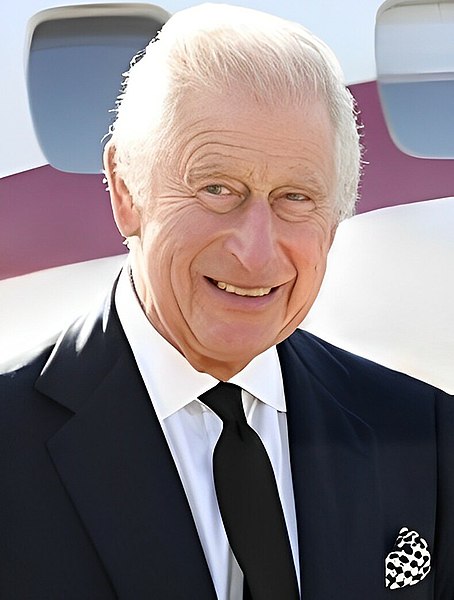
King Charles has expressed deep remorse for the "abhorrent and unjustifiable acts of violence committed against Kenyans" during their struggle for independence. Speaking during his state
visit to Kenya, the King addressed the "wrongdoings" of Britain's colonial past and offered his "greatest sorrow and regret." He emphasized that there was "no excuse" for the actions that took place during the colonial era. While King Charles did not issue a formal apology, as such a decision falls to government ministers, his speech was an unequivocal and strongly-worded recognition of the historical injustices.
The King's state visit to Kenya, his first to a Commonwealth country since ascending to the throne, had sparked speculation about the possibility of a symbolic apology for the legacies of colonialism. Although no specific apology was given, his address served as a clear acknowledgment of the wrongs that were committed.
As Kenya commemorates its 60th anniversary of independence, King Charles expressed his commitment to deepening his understanding of these past wrongs and to meeting those who suffered as a result. The brutal suppression of the Mau Mau uprising in the 1950s remains a painful memory in Kenya's history, with thousands killed and tortured before gaining independence.
A decade ago, the UK government expressed "regrets that these abuses took place" and initiated payments to over 5,000 people totaling almost £20 million as part of a reconciliation process. Monarchs must adhere to ministerial advice when making statements, and UK Prime Minister Rishi Sunak had previously rejected calls for an apology regarding the separate issue of slavery. However, King Charles stressed the need for "honesty and openness" in addressing the complex and difficult aspects of the history shared between Britain and Kenya.
During his speech, King Charles also delivered a portion in Swahili as a tribute to the connections between the two nations. Kenya's President William Ruto held a meeting with the King on the first day of his state visit, followed by a visit to a museum dedicated to Kenya's history and its struggle for independence.
The Royal Family, particularly during visits to Commonwealth nations, has faced increasing scrutiny and calls for acknowledgment and reparations for the legacies of colonialism and slavery. Buckingham Palace announced earlier this year that it supports independent historical research into royal ties to the slave trade. Newly published research has highlighted the complexities of this historical relationship, illustrating divisions among the royals in the lead-up to the abolition of the slave trade in 1807, with some advocating pro-slavery views and others championing abolition. Photo by Northern Ireland Office, Wikimedia commons.



































